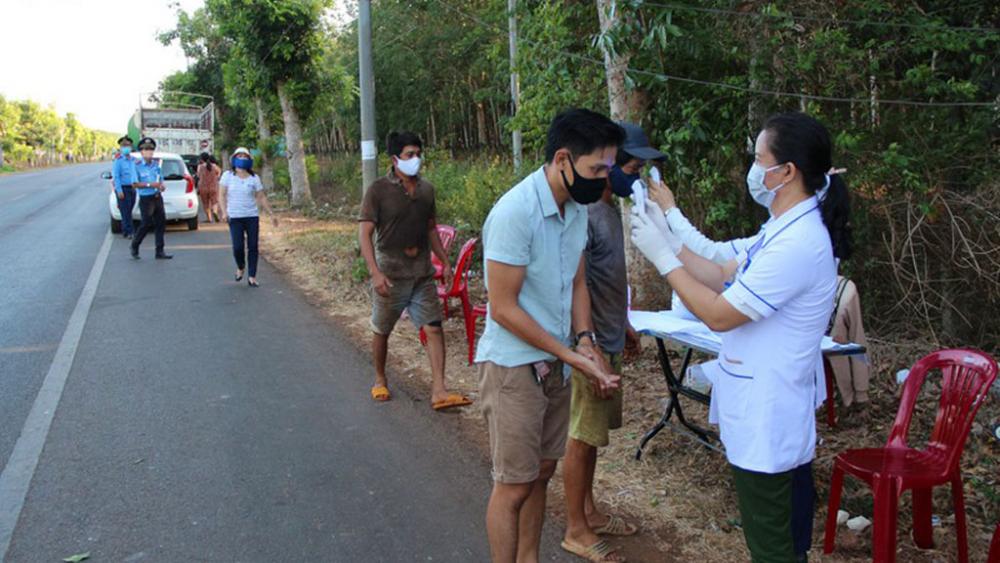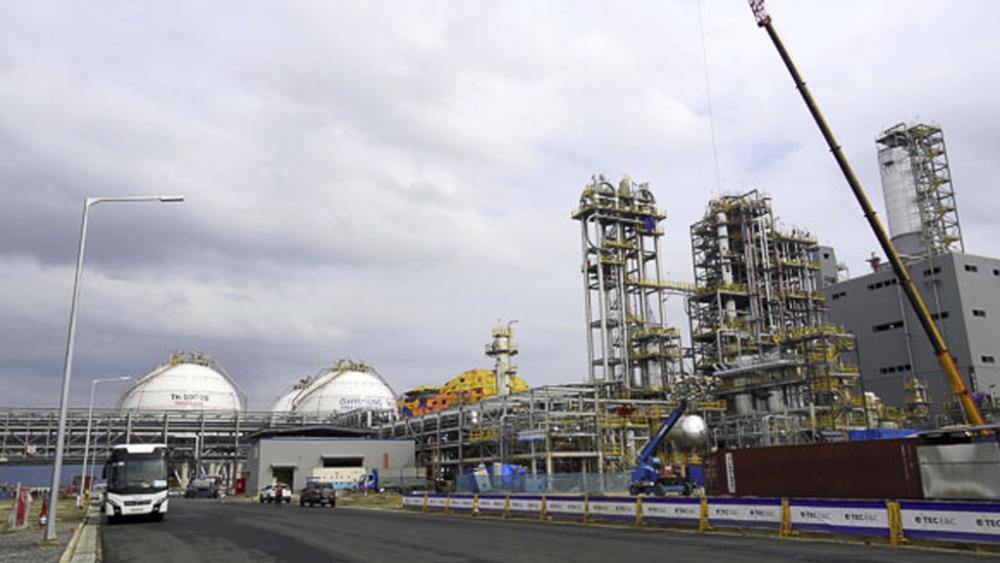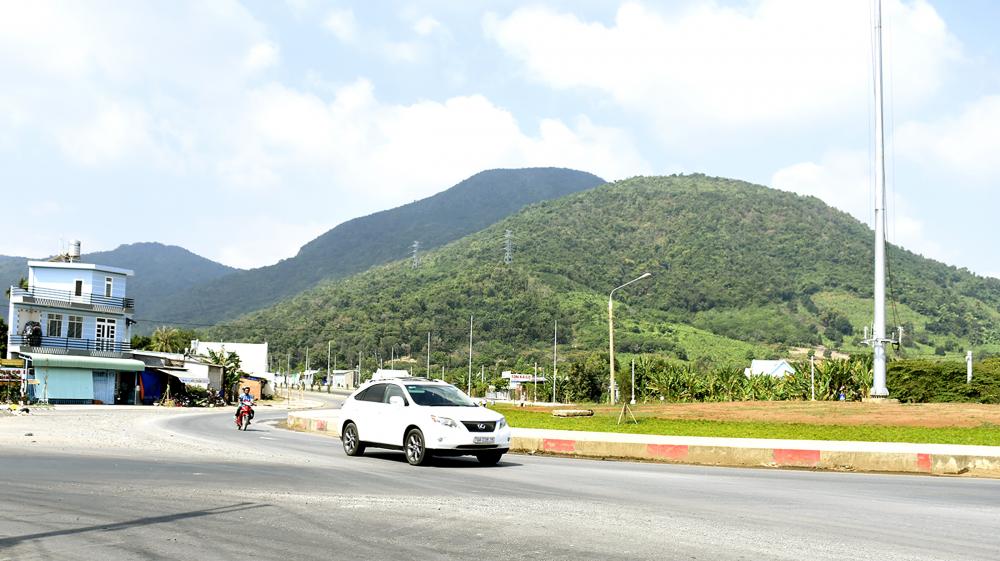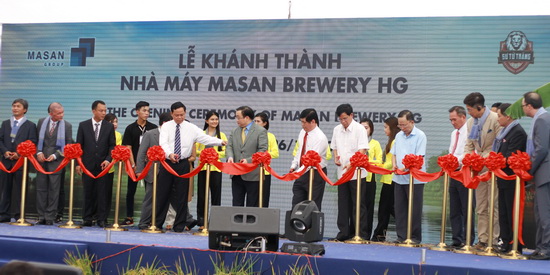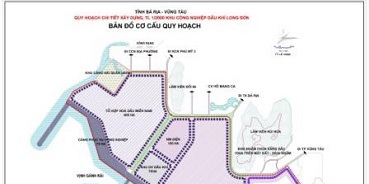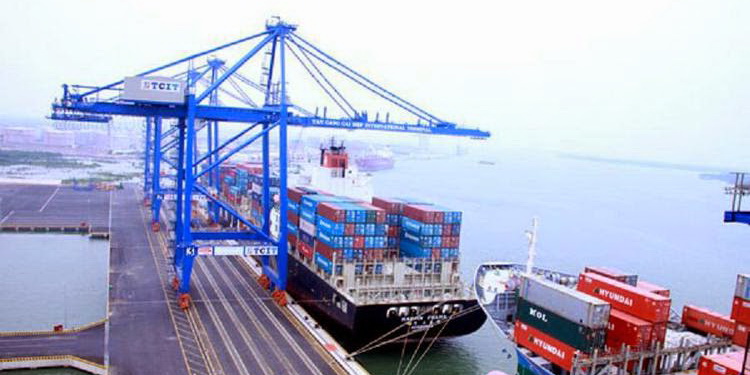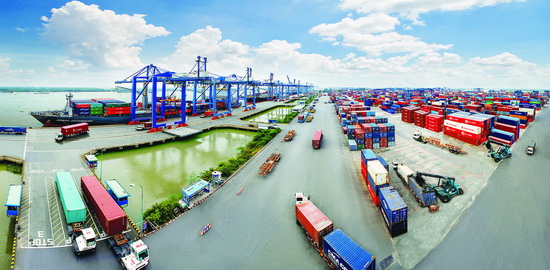Construction of biogas reactors: Livestock farmers are indifferent
Biogas reactors are useful works to collect waste from livestock activities to minimize environmental pollution and utilize biogas to serve production and daily activities. However, many livestock households have not really paid attention to investment in construction and operation of this project.
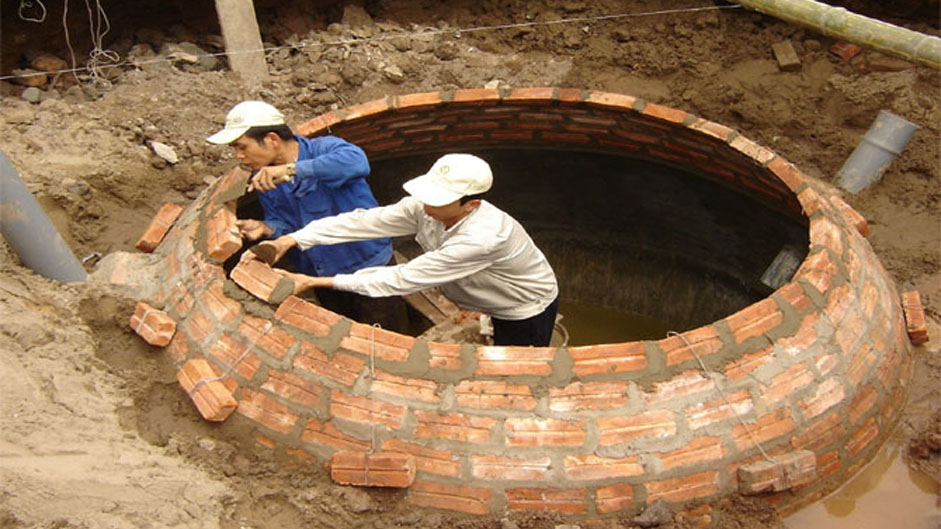
According to the analysis of environmental experts, waste from animal husbandry, when fed into the biogas reactor, will be transformed and partly converted into biogas (used to convert into heat and electricity for living). The rest is waste water and residues can be used for many other purposes, including fertilizer, to help farmers reduce the use of chemical fertilizers, thereby reducing soil degradation, step by step improve productivity and quality of crops, increase economic efficiency for livestock households.
The farm of Mr. Nguyen Trung (team 21, Binh My hamlet, Binh Ba commune, Chau Duc district) raised about 600 pigs. After being consulted and instructed by technical authorities, Mr. Trung decided to invest VND 50 million to build a biogas reactor with a capacity of 150m3 and a compression chamber of 25m3 capacity. With this biogas system, the treatment of pig waste becomes easier, ensuring environmental sanitation; At the same time, Mr. Trung also took advantage of biogas from biogas reactor to run bran mixers, water pumps, lighting ... Thus, Mr. Trung saved about 3 million dongs of electricity each month.
According to statistics of the Department of Natural Resources and Environment, the province now has more than 1,160 pig breeding establishments with scale of 50 or more and about 10,000 small breeding households. The total amount of wastewater generated from animal husbandry facilities is estimated at 2,646m3 / day, of which through the biogas system and the processing system is about 1,609m3 / day; untreated (mainly using storage ponds, preliminary filtering sediment) about 1,037m3 / day. However, only more than 60% of livestock households invest in standard biogas systems. Many livestock households have invested in biogas reactors but have not paid attention to waste treatment, leading to environmental pollution.
Mr. Le Ngoc Linh, Director of the Department of Natural Resources and Environment said, through the inspection and inspection process, the awareness of observing the legal regulations on environmental protection of many animal breeding facilities is not high. Many facilities have been instructed, reminded and sanctioned many times but slowly overcome violations, especially the collection and treatment of wastewater in biogas reactors. The reason is that in the past years, the treatment of livestock facilities causing environmental pollution has not been really drastic. Moreover, most small livestock farms in residential areas do spontaneously, while according to regulations, small livestock households (with discharge levels of 2-3m3 / day) are not required to invest. biogas reactors ... so some localities have not yet aggressively dealt with small farms that cause pollution. This is also the reason why many small livestock farmers do not invest in biogas tunnels even though the investment costs for tunnels are not high.
Mr. Pham Quy Nhan, Deputy Head of the Department of Natural Resources and Environment of Chau Duc district said, the investment solution of biogas cellar is the most inexpensive solution for livestock waste. However, in Chau Duc district, there are 4,310 pig breeding households with the size of less than 200 but only 2,082 households have built biogas reactors (accounting for 48.31%), the number of households that have not built biogas plants is 2,228 households ( 51.69%). It is worth mentioning that many households have invested in biogas reactors but have not met the standards such as: actual discharge capacity is greater than the capacity of receiving tunnels; investment but the biogas reactor is damaged; investment in biogas tunnels but not taking advantage of the biogas reactor. “Chau Duc district is focusing on propaganda and mobilizing small livestock farmers to promptly build biogas reactors to treat livestock waste. Any household who does not comply,


